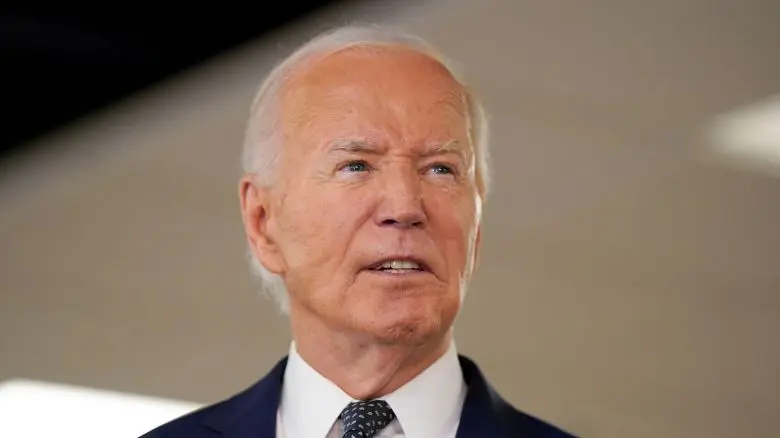
Washington, D.C., January 6, 2025 – In a sweeping environmental policy move, President Joe Biden has announced a ban on new offshore oil and gas drilling across millions of acres of federal waters. This decision comes in the final weeks of his administration and is being hailed by environmental advocates as a significant step toward combating climate change and protecting marine ecosystems.
The ban, enacted under the Outer Continental Shelf Lands Act, covers approximately 625 million acres of coastal waters, including the East and West coasts, the eastern Gulf of Mexico, and parts of Alaska’s Northern Bering Sea. By invoking this legislation, President Biden aims to shield these regions from the environmental, public health, and economic risks associated with offshore drilling.
Protecting the Environment
In a statement, President Biden emphasized the importance of the move, saying, “The risks of offshore drilling far outweigh its benefits. This ban reflects our commitment to a sustainable energy future and the protection of our invaluable coastal ecosystems.”
Environmental groups have praised the decision, citing its potential to safeguard marine biodiversity and protect coastal communities from the adverse effects of oil spills and industrial pollution.
Industry Pushback and Political Opposition
The oil and gas industry has criticized the ban, arguing that it could hinder domestic energy production, cost jobs, and negatively impact the economy. Industry representatives maintain that the U.S. should focus on boosting energy independence rather than restricting access to potential fossil fuel reserves.
President-elect Donald Trump has vowed to reverse the decision upon taking office, calling it a “political stunt.” However, legal experts note that overturning the ban could require congressional approval, presenting a significant challenge for the incoming administration.
A Legacy of Climate Action
This decision adds to President Biden’s broader climate agenda, which has included rejoining the Paris Climate Agreement, setting ambitious renewable energy goals, and tightening regulations on fossil fuel emissions. Critics, however, argue that such policies have created tensions between environmental priorities and economic interests.
What Lies Ahead
The ban sets the stage for a contentious policy debate under the Trump administration. While proponents see it as a landmark achievement in environmental conservation, opponents argue it could impede economic growth and energy security.
With the legal and political battlelines drawn, the future of U.S. energy policy and environmental protection remains uncertain.




